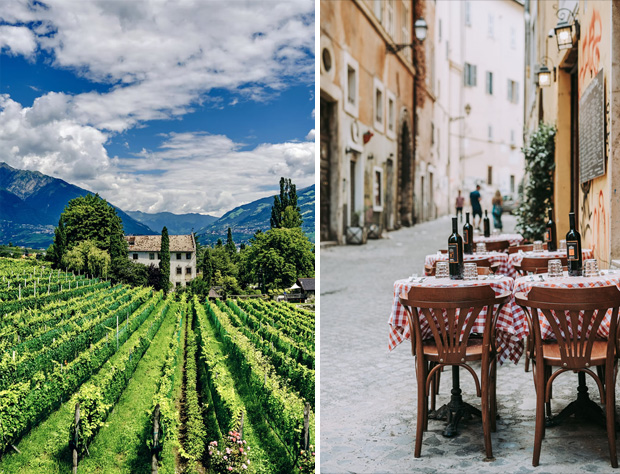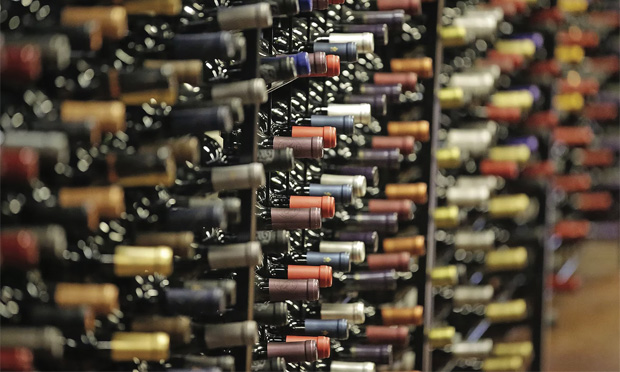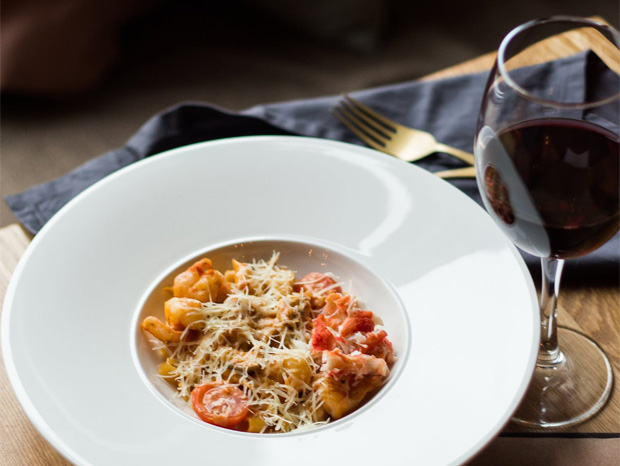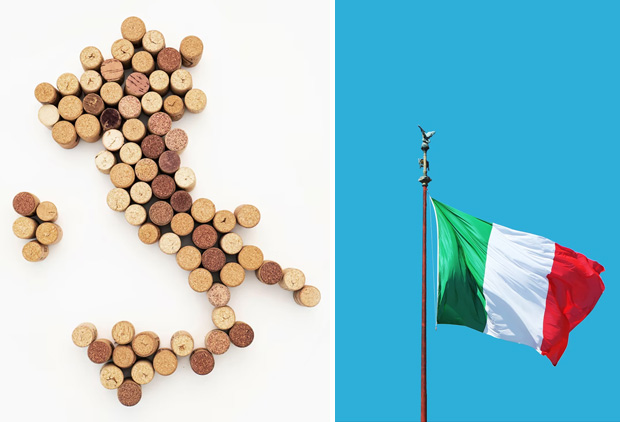The Wine Tradition in Italy

The Wine Tradition in Italy
The Italian tradition of wines has its roots far in the past, during the ancient times. In fact, we find evidences even in mythology with Bacchus, the god of the grape-harvest and winemaking. During the Roman era, it was believed that wine was a daily necessity. Archaic poets and writers, like Pliny the Elder and Sextus Propertius, mentioned wine in their works, referring at it as the second most important drink right after water. Wine has been also represented in the arts during the centuries – there are frescos even from Roman times depicting it. From harvesting the grapes in vineyard to the daily consume once ready, the whole process of making wine is part of conviviality and gastronomic traditions in this country.

- The broad diversity of wines
Italian wines are famous all over the world – Chianti, Falanghina, Primitivo wine, as well as some of the wine regions where they are produced, like Marsala or Barolo. This country has a unique culture of cultivating grapes and of winemaking. Each and every region has its own wines. Experience and expertise have been forged throughout thousands of years, as well as the techniques and the willingness to research, observe and try always something new. You might come across red, rosé or white wine depending on the specific area. The range of diversity is considerable. In fact, producers use different methods and grapes and the results are outstanding. Variety is extremely broad, since there are more than 500 native variety grapes in Italy. The flavourful wines come from inherited knowledge, thanks to the incredible assortments of grapes mixed with vanguard technology. That’s why the country has no equal in winemaking and it is considered one of the largest wine producers in the world.

- A proper pairing with food
Italians drink wine at lunch or dinner time, or even for aperitif. Pairing it properly with food delicacies is a must. To be able to taste and enjoy it fully it’s advisable to know some of the basics, so always remember to match food and wine that have similar textures and flavours. For instance, if you drink wine with sour or salty dishes it will taste milder, if you pair it with savoury or sweet ingredients it will taste stronger on your palate. The combination needs to be balanced in order to have the best experience: the wine needs to enhance the dish, not to overpower it.

- Responding to the market needs
Wine is linked to economy and culture because wine was, and still is, a source of income for the country. Italy produces the largest volume of wine in the world. During the 2000s the market registered a growth and also the requests increased considerably. Even if there are other countries that are relevant in the wine production, Italy was, and still is, the leader in the field. During the years, part of the industry focused on the higher-quality segment, while another selected the portion of the market made of clients willing to purchase less expensive labels. Producers not only were able to just keep up, but to increase the production both internationally and domestically.
Guest Article.




